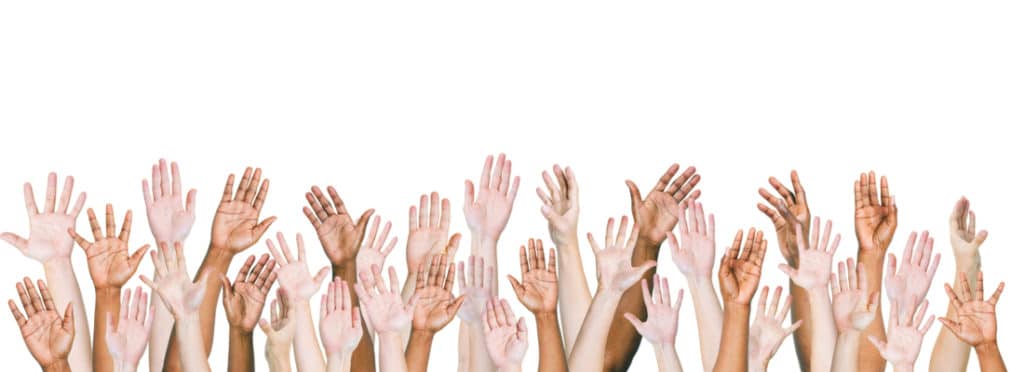Debates over immigration and the #MeToo movement have roiled the advertising business as much as any other industry in 2018, and the awareness of the diversity in the Millennial and Gen Z cohort are forcing brands to evolve their messages.
In all the debates and awareness, diversity is in danger of becoming a catchphrase. Meanwhile, all multicultural marketing has to deal with sensitivity due to the high-pitched immigration debate, warned Marina Filippelli.
As COO and director of client services at Orci, one of the last independent multicultural agencies operating outside the major agency holding companies, Filippelli has a prime perch to observe the evolution of multicultural marketing. “We have a long way to go,” she said during a break at the recent annual meeting of the American Association of Advertising Agencies. Agencies are still separated by specialty, even as more brands try a “total-market” approach that mixes personalization and multicultural marketing into their main brand messaging.
“I don’t feel a competitiveness with general market agencies that want to promote diversity. They should want to promote diversity,” said Filippelli. But she cautioned: “Just because you have a diverse staff doesn’t mean you can market to Hispanics… It doesn’t work that way.”
As Millennials and Gen Z both show more diversity, how do you see the future for multicultural agencies?
Marina Filippelli: One thing is what we say and another thing is what we do. What we find in our campaigns that do well is even though our younger consumers say “I barely speak Spanish,” or “Being Hispanic or African-American is not that important to me,” or “I’m race-blind,” the reality is they gravitate to insights that come from those cultures.
What’s interesting is Latino insights for the most part are based on a less individual-based marketing strategy. We tend to be more community-based, we think more about the group. That may come from a history of immigration; you come to a new country and have to build a new network, because you’re alone and you have a new situation. That continues to be a factor with new generations, even when they’re born here.
In the general market, insights often come from an individualistic mindset: What do I as one human being need in order to make a decision about a given brand or consumer product. In the Latino space we see often: What does my community need—myself, my family, my extended family, etc.?
What’s really interesting is: our community-based insights a lot of times cross over. So the general market does not have a negative reaction to those community-based insights, whereas if you tried to take a general market insight that is based on the individual and transferred that to the Hispanic market, people wouldn’t respond to that.
Ultimately, our insights and what we do as marketers remain of value, especially in a generation where you’re seeing such a mix of cultures coming together, because it becomes much more about the community and the group.
Speaking of individuals and community: What value can a Hispanic agency bring in a personalized commerce environment?
I think it’s still the same answer of the insights that you bring to the table. If I’m marketing to you as an individual, I need to understand you, your background and your motivators. Some of those things are going to come from your cultural background, whether you think about them or not. They’re sort of inherent in who you are.
Our thinking and our way of approaching consumer insights is going to be more relevant, if not more so, because every marketer will have to think about those nuances. People who work in this space are better prepared for when that day comes, because they will have to think about that person and what drives that decision-making.
Meanwhile, clients such as P&G are rationalizing agency relationships. Where does a Hispanic agency play there, if they can’t offer economies of scale?
The way we’ve managed to make it work so far—and I have to give credit to my clients for part of this—is they see value. It’s the value that each partner brings, whether it’s an agency or a client. It’s this idea of breaking up the buddy system; you don’t need 18 clients with 18 account people to make each decision.
One of the things we can be is a valued partner that doesn’t necessarily duplicate work. We plug in where you need our specific skill set. If you pull us out of that, you’re relying on an industry that to date hadn’t done a good job of being representative of the community.
